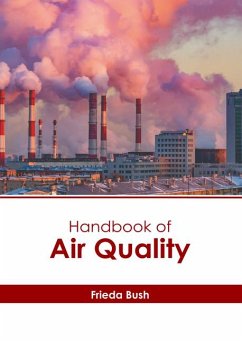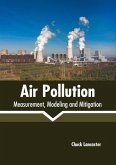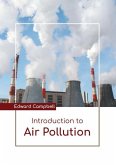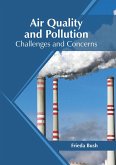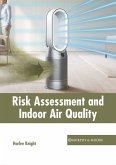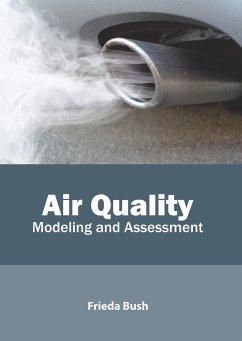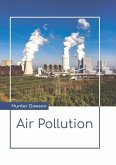Air quality refers to the degree to which the air at a particular location is pollution-free. Good air quality means that the air is clear and contains only small amounts of solid particles and chemical pollutants. Contrarily, air quality is considered bad when it is not clean and contains large amounts of solid and chemical particles. Air quality is measured with the help of the air quality index (AQI). Source apportionment (SA) refers to a method for identifying the sources of air pollution and the contribution (amount) of each type of pollutant source in the overall air pollution level. Most commonly used SA methods are classified in three categories, namely, emission reduction impact (ERI) methods, mass-transfer (MT) methods, and incremental (INC) methods. This book elucidates the concepts around prospective developments with respect to air quality. It will prove to be immensely beneficial to students and researchers in the field of air quality engineering.
Hinweis: Dieser Artikel kann nur an eine deutsche Lieferadresse ausgeliefert werden.
Hinweis: Dieser Artikel kann nur an eine deutsche Lieferadresse ausgeliefert werden.

